Affordable Smiles: Your Guide to Dental Implants in Thailand

Thailand has built a strong reputation in the medical and dental tourism sector, largely due to its blend of competitive pricing and often high-quality services. For individuals seeking affordable dental implant solutions without compromising on standards, Thailand presents a compelling choice. This article aims to provide a balanced view, addressing common concerns and highlighting the benefits of choosing Thailand for your dental implant needs.
What are the main reasons people choose Thailand for dental implants?
-
Cost Savings: This is often the most significant factor. Dental implant procedures in Thailand can be substantially more affordable than in Western countries like the United States, United Kingdom, Australia, or Canada. These savings can range from 50% to 75%, even after factoring in travel and accommodation expenses.
-
High-Quality Facilities and Expertise: Many dental clinics in major Thai cities like Bangkok and Chiang Mai are state-of-the-art, equipped with advanced technology similar to what you'd find in top Western clinics. Many Thai dentists specializing in dental implants have received international training and hold certifications from global organizations, ensuring a high level of expertise.
-
Medical Tourism Appeal: Thailand's well-established tourism industry makes it an attractive destination for combining dental treatment with a holiday. Patients can recover in a beautiful setting, explore new cultures, and enjoy a relaxing vacation, which adds significant value to their overall experience.
How much do dental implants cost in Thailand compared to Western countries?
For a single dental implant (including the implant, abutment, and crown), you can expect to pay roughly $800 to $2,500 in Thailand. In contrast, the same procedure in countries like the United States can cost anywhere from $3,000 to $6,000 or even higher. For more complex procedures like All-on-4 dental implants (full arch restoration), the savings are even more substantial. In Thailand, All-on-4 can range from $8,000 to $12,000 per arch, whereas in Western countries, this could easily exceed $25,000 to $35,000.
This cost difference is primarily due to lower operational costs, including labor, real estate, and overhead, as well as a competitive dental tourism market that encourages clinics to offer competitive pricing. Despite the lower price, many clinics maintain high standards by using internationally recognized implant brands and advanced technology.
Are dental clinics in Thailand for implants of high quality and safety?
It's important to understand that while quality can vary, many clinics operate at international standards.
-
Accreditations and Certifications: A significant number of leading Thai dental clinics hold international accreditations, such as Joint Commission International (JCI) or ISO 9001. These accreditations signify that the clinics meet rigorous global standards for patient care, safety, and quality management. Always look for clinics with these certifications.
-
Advanced Technology: Reputable clinics invest in state-of-the-art dental technology, including 3D CT scans, digital X-rays, CAD/CAM (Computer-Aided Design/Computer-Aided Manufacturing) systems for precise crown fabrication, and even AI-guided implant surgery. This technology enhances the accuracy and success rates of dental implant procedures.
-
Sterilization and Hygiene: High-quality clinics adhere to strict sterilization and infection control protocols, using modern autoclaves and disposable instruments to prevent cross-contamination. Patients should inquire about these procedures during their initial communication.
-
Dentist Qualifications: Many implantologists in Thailand have pursued advanced training and degrees from renowned universities in the USA, UK, Europe, and Australia. They are often members of international dental associations, demonstrating their commitment to professional development and global best practices.
It is crucial to research and choose a clinic with a strong track record, positive patient reviews, and transparent information about their accreditations and the qualifications of their dental team.
What types of dental implants are available in Thailand?
Thai dental clinics provide a comprehensive array of dental implant solutions to address various needs, from replacing a single missing tooth to full mouth rehabilitation.
-
Single-Tooth Implants: This is the most common type, used to replace an individual missing tooth without affecting adjacent teeth.
-
Multi-Tooth Implants: For several missing teeth in a row, a dental bridge can be supported by two or more dental implants.
-
All-on-4 Dental Implants: This technique involves placing four dental implants in a specific way to support a full arch of prosthetic teeth (either upper or lower jaw). It's a popular option for patients with significant tooth loss or those looking to replace traditional dentures.
-
All-on-6 Dental Implants: Similar to All-on-4, but utilizing six implants per arch for increased stability, often recommended for specific bone conditions.
-
Mini Implants: Smaller in diameter, these are sometimes used for denture stabilization or in cases where bone density is limited.
-
Implant-Supported Dentures: These combine the stability of implants with the convenience of removable dentures, offering a more secure fit than traditional dentures.
How long does the dental implant procedure take in Thailand?
The timeline for a dental implant procedure in Thailand generally follows the same multi-stage process as anywhere else in the world, requiring two separate trips in most cases.
-
First Trip (Implant Placement): This initial visit typically lasts between 3 to 7 days. During this trip, the initial consultation, diagnostics (X-rays, CT scans), treatment planning, and the surgical placement of the dental implant post into the jawbone are performed.
-
Healing Period (Osseointegration): After the implant is placed, a crucial healing period of 3 to 6 months is required. During this time, the implant fuses with the jawbone in a process called osseointegration. This period is essential for the long-term stability and success of the dental implant.
-
Second Trip (Crown Placement): Once osseointegration is complete, you will return for the second trip, which usually lasts 5 to 10 days. During this visit, the abutment is attached to the implant, and the custom-made crown (or bridge/denture) is placed, completing the dental implant procedure.
Some clinics may offer "immediate load" or "same-day implants" for suitable candidates, where a temporary crown can be placed shortly after implant surgery. However, the final, permanent restoration typically still requires a healing period.
What should I expect during the dental implant consultation in Thailand?
-
Comprehensive Examination: The dentist will perform a detailed examination of your oral health, assessing your teeth, gums, and overall mouth condition.
-
Diagnostic Imaging: This typically includes panoramic X-rays and often a 3D Cone Beam Computed Tomography (CBCT) scan. These images provide a precise view of your jawbone structure, nerve pathways, and sinus cavities, which are vital for accurate dental implant placement.
-
Medical History Review: You'll be asked about your general health, medications, and any pre-existing conditions that could affect the implant success (e.g., diabetes, smoking).
-
Treatment Plan Discussion: Based on the examination and scans, the implantologist will discuss the most suitable dental implant options for your case. They will explain the procedure steps, the type of implant and crown materials, the estimated timeline, and the total cost. This is your opportunity to ask any questions you have.
-
Expectation Setting: The dentist will also discuss realistic outcomes and potential risks, ensuring you have a clear understanding of the entire process.
Many clinics offer initial online consultations or provide options to send your existing X-rays for a preliminary assessment before you travel.
What are the potential risks and complications of dental implants in Thailand?
While dental implant procedures have high success rates, like any surgical intervention, there are potential risks and complications.
-
Infection: Infection at the implant site is a rare but possible complication. Reputable clinics in Thailand maintain strict hygiene standards to minimize this risk. Following post-operative care instructions is crucial for prevention.
-
Implant Failure (Lack of Osseointegration): In some cases, the dental implant may not properly fuse with the jawbone. This can be due to insufficient bone quality, infection, or excessive pressure on the implant during healing.
-
Nerve Damage: Though rare, there's a slight risk of nerve damage if the implant is placed too close to a nerve, potentially causing numbness, tingling, or pain. Accurate 3D imaging helps to prevent this.
-
Sinus Issues: For dental implants placed in the upper jaw, there's a risk of the implant protruding into the sinus cavity, which can lead to sinus problems. A sinus lift procedure can often mitigate this risk.
-
Peri-implantitis: This is a condition similar to gum disease that affects the tissues around the implant, potentially leading to bone loss and implant failure if not treated. Good oral hygiene is key to preventing this.
Choosing a highly experienced implantologist and a reputable clinic significantly reduces these risks. Discussing these potential complications with your dentist and understanding their protocols for managing them is important.
Do Thai dental clinics use internationally recognized implant brands?
One of the key indicators of quality in dental implant treatment is the brand of implants used.Reputable dental clinics in Thailand understand this and predominantly utilize well-established, globally recognized implant systems.
These brands are known for their extensive research, high success rates, and the availability of components worldwide. This means that if you require follow-up care or a replacement part for your dental implant in your home country, there's a higher likelihood that local dentists will be familiar with the system and have access to the necessary components.
Before committing to treatment, always ask the clinic about the specific dental implant brands they use and research those brands to ensure they are reputable and have a proven track record. This transparency is a good sign of a trustworthy clinic.
What is the success rate of dental implants in Thailand?
The success rate of dental implants in Thailand, particularly in well-regarded clinics, is generally very high and on par with global averages.
-
Overall Success: For most patients, dental implants have a success rate of 95-98%. This means the implant successfully integrates with the bone and functions effectively for many years.
-
Factors Influencing Success:
-
Patient Health: General health, absence of chronic diseases (like uncontrolled diabetes), and non-smoking status significantly contribute to success.
-
Bone Quality and Quantity: Adequate jawbone density is crucial for successful osseointegration. Bone grafting procedures can address deficiencies.
-
Oral Hygiene: Maintaining excellent oral hygiene after the procedure is vital for long-term implant health.
-
Dentist's Expertise: The experience and skill of the implantologist play a significant role in successful placement and outcome.
-
Implant Brand and Quality: Using reputable, high-quality dental implant systems also contributes to higher success rates.
-
When researching clinics, look for those that are transparent about their success rates and willing to provide information on their patient outcomes.
Are there language barriers when getting dental implants in Thailand?
-
English Proficiency: Most reputable dental clinics in major tourist hubs like Bangkok, Phuket, and Chiang Mai specifically cater to international patients. Therefore, their dentists, dental assistants, and administrative staff are often fluent in English.
-
Translators: Some larger clinics and dental hospitals may also have dedicated translators for other common languages, ensuring that patients feel comfortable and fully understand their treatment plan and aftercare instructions.
-
Importance of Clear Communication: While language proficiency is generally high, it's always advisable to ensure you feel completely understood and can ask questions freely. Good communication builds trust and helps prevent misunderstandings, which is crucial for a successful dental implant journey.
If you have concerns about language, you can always inquire about the clinic's language support services before your visit.
What kind of aftercare and follow-up should I expect for dental implants in Thailand?
-
Immediate Post-Operative Care: After dental implant surgery, you will receive clear instructions on managing swelling, pain, and bleeding. This usually includes prescriptions for antibiotics and pain relievers. You'll also be advised on soft food diets and oral hygiene practices during the initial healing phase.
-
Temporary Restorations: If immediate loading isn't possible, a temporary prosthesis might be placed for aesthetic purposes while the implant integrates with the bone.
-
Final Check-up before Departure: Before you leave Thailand after your final crown placement, the clinic will typically conduct a thorough final check-up to ensure everything is in order and address any immediate concerns.
-
Treatment Reports for Home Dentist: Reputable clinics provide comprehensive dental records, including X-rays, treatment notes, and details about the specific dental implant system used. This documentation is invaluable for your local dentist to provide ongoing care, routine check-ups, and address any future concerns.
-
Remote Communication: Some clinics may offer channels for remote communication if you have questions or concerns after returning home. However, it's important to understand that significant complications might necessitate a return visit.
It's advisable to have a local dentist aware of your treatment plan in Thailand, who can oversee your long-term dental implant care.
Can I combine dental implant treatment with a vacation in Thailand?
-
Strategic Planning: The multi-stage nature of dental implants allows for strategic planning. You can schedule your first trip for the implant placement, then enjoy some relaxation or explore parts of Thailand during the initial recovery period (usually a few days).
-
Recovery and Relaxation: The healing period between stages provides ample opportunity for travel and leisure. Many patients find that the beautiful scenery and relaxed atmosphere aid in their recovery.
-
Cost-Effective Combination: Even with travel and accommodation expenses, the overall cost of getting dental implants in Thailand combined with a vacation often remains significantly lower than the cost of the procedure alone in Western countries.
-
Popular Destinations: Cities like Bangkok offer world-class medical facilities alongside vibrant city life, while destinations like Phuket and Chiang Mai provide a more relaxed environment, perfect for recovery and exploration.
It's recommended to schedule more intensive parts of your treatment at the beginning of your trips, leaving time for relaxation and sightseeing as you recover.
What factors should I consider when choosing a dental clinic for implants in Thailand?
-
Dentist's Qualifications and Experience:
-
Look for implantologists with specialized training in oral surgery or prosthodontics.
-
Inquire about their experience specifically with dental implant procedures and their success rates.
-
Many top Thai dentists have international training and affiliations.
-
-
Clinic Accreditations:
-
Prioritize clinics with international accreditations like JCI (Joint Commission International) or ISO 9001. These indicate adherence to global quality and safety standards.
-
Check for local accreditations from the Thai Ministry of Public Health.
-
-
Patient Reviews and Testimonials:
-
Read reviews on independent platforms, medical tourism websites, and social media. Look for consistent positive feedback regarding results, patient care, and communication.
-
Be wary of clinics with only a few, overly generic, or excessively negative reviews.
-
-
Technology and Equipment:
-
Ensure the clinic uses modern diagnostic tools (3D CT scans, digital X-rays) and surgical equipment.
-
Check if they utilize CAD/CAM technology for precise crown fabrication.
-
-
Implant Brands Used:
-
Verify that they use internationally recognized and reputable dental implant brands (e.g., Straumann, Nobel Biocare).
-
Ensure they can provide documentation for the implants used.
-
-
Transparency in Pricing:
-
Obtain a detailed, itemized quote that includes all costs: consultation, diagnostics, implant placement, abutment, crown, and any necessary preparatory procedures (e.g., bone grafting).
-
Be cautious of unusually low prices that might indicate hidden costs or lower quality materials.
-
-
Communication:
-
Assess their responsiveness to inquiries.
-
Confirm that dentists and staff speak English proficiently or that translation services are available.
-
-
Aftercare and Warranty:
-
Understand their post-operative care instructions and what kind of support they offer after you return home.
-
Inquire about any warranties on the dental implants or prosthetics.
-
Taking the time to thoroughly research these factors will help you choose a reliable and high-quality dental clinic in Thailand for your implants.
Are bone grafting procedures available in Thailand for dental implants?
For many patients considering dental implants, insufficient jawbone density can be a barrier.Fortunately, bone grafting procedures are a common and effective solution, widely available in reputable dental clinics across Thailand.
-
Necessity for Bone Grafting: If you've had missing teeth for a long time, suffered from gum disease, or experienced trauma, your jawbone may have atrophied (shrunk). A dental implant needs a stable and sufficient amount of bone to integrate properly.
-
Types of Bone Grafts: Thai clinics offer various bone grafting techniques, including:
-
Sinus Lift: For the upper jaw, where the sinus cavity might be too close to the implant site.
-
Ridge Augmentation: To increase the width or height of the jawbone ridge.
-
Socket Preservation: To prevent bone loss after a tooth extraction.
-
They use different types of bone graft materials, including autogenous bone (from your own body), allografts (from a human donor), xenografts (from animal sources), and alloplasts (synthetic materials).
-
-
Procedure and Timeline: Bone grafting is usually performed as a separate procedure before dental implant placement. It requires a healing period, typically several months, to allow the grafted bone to integrate and create a strong foundation for the implant.
Your implantologist in Thailand will assess your bone structure using 3D CT scans and recommend if a bone graft is necessary as part of your comprehensive dental implant treatment plan.
What is the typical warranty or guarantee on dental implants in Thailand?
Warranties and guarantees provide an extra layer of assurance for patients undergoing dental implant treatment, especially when traveling abroad.
-
Implant Fixture Warranty: Most high-quality clinics in Thailand offer a warranty on the dental implant fixture itself, often ranging from 5 years to a lifetime. This typically covers the replacement of the implant if it fails to integrate or breaks due to a manufacturing defect.
-
Prosthetic (Crown/Bridge) Warranty: The warranty for the dental crown, bridge, or denture attached to the implant is usually shorter, typically 1 to 3 years. This covers issues like chipping, cracking, or detachment.
-
Conditions and Exclusions: It's essential to thoroughly understand the terms and conditions of any warranty. Common exclusions might include:
-
Damage due to trauma or accident.
-
Failure to follow post-operative care instructions.
-
Poor oral hygiene.
-
Smoking.
-
Failure to attend recommended follow-up appointments.
-
-
Claiming a Warranty: Understand the process for claiming a warranty, especially if you're back in your home country. Reputable clinics will have clear procedures for this.
Always ask for written details of the warranty and read them carefully before commencing treatment. This transparency is a hallmark of a trustworthy dental implant clinic.
How can I verify the credentials of a dentist in Thailand for dental implants?
-
Clinic Websites: Reputable clinics will prominently display the qualifications, specializations, and experience of their dental team on their websites. Look for information on their educational background, years of experience, and areas of focus (e.g., oral surgery, prosthodontics).
-
International Training and Certifications: Many top Thai dentists have received training and certifications from universities or professional bodies in Western countries. Look for mentions of degrees or fellowships from institutions in the USA, UK, Europe, or Australia.
-
Professional Memberships: Check if the dentist is a member of recognized international or national dental organizations, such as the International Congress of Oral Implantologists (ICOI), American Academy of Implant Dentistry (AAID), or the Thai Dental Council.
-
Direct Inquiry: Don't hesitate to directly ask the clinic for proof of the dentist's qualifications and specialization. They should be transparent and willing to provide this information.
-
Online Databases: While not always comprehensive for international dentists, some professional organizations may have online directories where you can verify membership.
Thorough due diligence in checking credentials will help build your confidence in the dental implant provider you choose.
Is dental implant tourism to Thailand regulated?
-
Thai Ministry of Public Health: All medical and dental facilities in Thailand fall under the oversight of the Thai Ministry of Public Health. This body sets national standards for healthcare providers and facilities.
-
International Accreditations: Beyond national regulations, many of Thailand's leading dental clinics actively pursue and maintain international accreditations.
-
Joint Commission International (JCI): This is a globally recognized standard for healthcare quality and patient safety. JCI accreditation signifies that a facility meets stringent international benchmarks.
-
ISO Certification (e.g., ISO 9001): These certifications indicate that a clinic has a robust quality management system in place, covering everything from patient care to operational procedures.
-
-
Self-Regulation and Best Practices: The competitive nature of the medical tourism market also encourages clinics to adopt best practices, invest in technology, and prioritize patient satisfaction to attract and retain international clients.
While national regulations provide a baseline, seeking out clinics with international accreditations offers an additional layer of assurance regarding quality and safety standards for your dental implant treatment.
What happens if there are complications with dental implants after returning home?
-
Immediate Contact with Thai Clinic: Your first step should be to contact the Thai dental clinic where you received your dental implants. Most reputable clinics have dedicated international patient coordinators or communication channels for post-treatment inquiries.
-
Warranty Coverage: If the complication falls under the clinic's warranty (e.g., implant failure, prosthetic issue), they will typically guide you on the next steps. This may involve providing instructions for local dentists or, in some cases, requiring you to return to Thailand for corrective treatment (often with some costs covered under the warranty, though travel expenses might not be).
-
Consulting a Local Dentist: It's highly recommended to have a local dentist in your home country who is aware of your dental implant treatment history. They can assess the situation, provide immediate care if necessary, and communicate with your Thai clinic if needed.
-
Documentation: Ensure you receive comprehensive medical records from your Thai clinic, including X-rays, treatment plans, and details of the dental implant system and components used. This documentation is vital for any local dentist who might need to provide follow-up care.
-
Travel Insurance: Consider obtaining travel insurance that includes medical coverage for dental complications when traveling for treatment.
While the vast majority of dental implant cases in reputable Thai clinics are successful, being prepared for potential complications is part of responsible medical tourism planning.
Are there any hidden costs associated with dental implants in Thailand?
-
All-Inclusive Quotes: Many leading clinics offer all-inclusive packages that aim to cover all aspects of the dental implant procedure, including:
-
Initial consultation and diagnostics (X-rays, CT scans).
-
Dental implant surgery (placement of the post).
-
Abutment and crown.
-
Follow-up appointments during your stay.
-
-
Potential Additional Costs (often necessary but sometimes not included in base price):
-
Bone Grafting or Sinus Lifts: If required due to insufficient bone, these are separate procedures with additional costs.
-
Tooth Extractions: If a tooth needs to be removed before implant placement.
-
Temporary Restorations: While waiting for the final crown.
-
Medications: Painkillers, antibiotics, etc., for post-operative care.
-
Travel and Accommodation: Flights, hotels, local transportation, and daily living expenses.
-
Unforeseen Complications: While rare, any complications requiring extensive additional treatment might incur extra costs if not covered by a warranty.
-
-
Getting a Detailed Quote: Always request a detailed, itemized quote from the clinic before you travel. Clarify what is and isn't included. Ask about any potential additional procedures that might be needed based on your initial assessment.
Transparency in pricing is a hallmark of a reliable clinic, ensuring you have a clear financial picture for your dental implant journey.
How do I prepare for a dental implant trip to Thailand?
-
Research and Choose a Clinic: Thoroughly research clinics, check accreditations, dentist qualifications, and patient reviews. Establish clear communication with your chosen clinic.
-
Get a Detailed Treatment Plan and Quote: Ensure you have a comprehensive understanding of the proposed dental implant treatment, including all steps, the timeline, and a transparent, itemized cost breakdown.
-
Passport and Visa: Ensure your passport is valid for at least six months beyond your intended stay. Check Thailand's visa requirements for your nationality.
-
Flights and Accommodation: Book your flights and accommodation well in advance, especially if traveling during peak season. Consider hotels near your chosen clinic for convenience.
-
Financial Planning: Inform your bank about your travel dates to avoid any issues with card usage abroad. Have a budget that includes treatment costs, travel, accommodation, food, and sightseeing.
-
Medical Information: Gather your relevant medical history, including any existing dental records or X-rays, to provide to the Thai dentist.
-
Packing Essentials: Pack light, comfortable clothing, any prescription medications you regularly take, and a good travel adapter.
-
Communication Plan: Ensure you have an international roaming plan or a local SIM card plan for easy communication.
-
Travel Insurance: Consider comprehensive travel insurance that includes medical coverage for dental treatment abroad and any unforeseen circumstances.
-
Inform Your Local Dentist: Let your local dentist know about your plans to get dental implants in Thailand, as they may be involved in post-operative care upon your return.
By planning meticulously, you can minimize stress and focus on your dental implant treatment and enjoy your time in Thailand.
Ready to explore your options for dental implants in Thailand? Visit PlacidWay to connect with top-tier clinics and experienced professionals, and begin your journey toward a restored smile with confidence and peace of mind.


.png)
-Per-Jaw-Package-in-South-Korea-by-Seoul-Today.png)


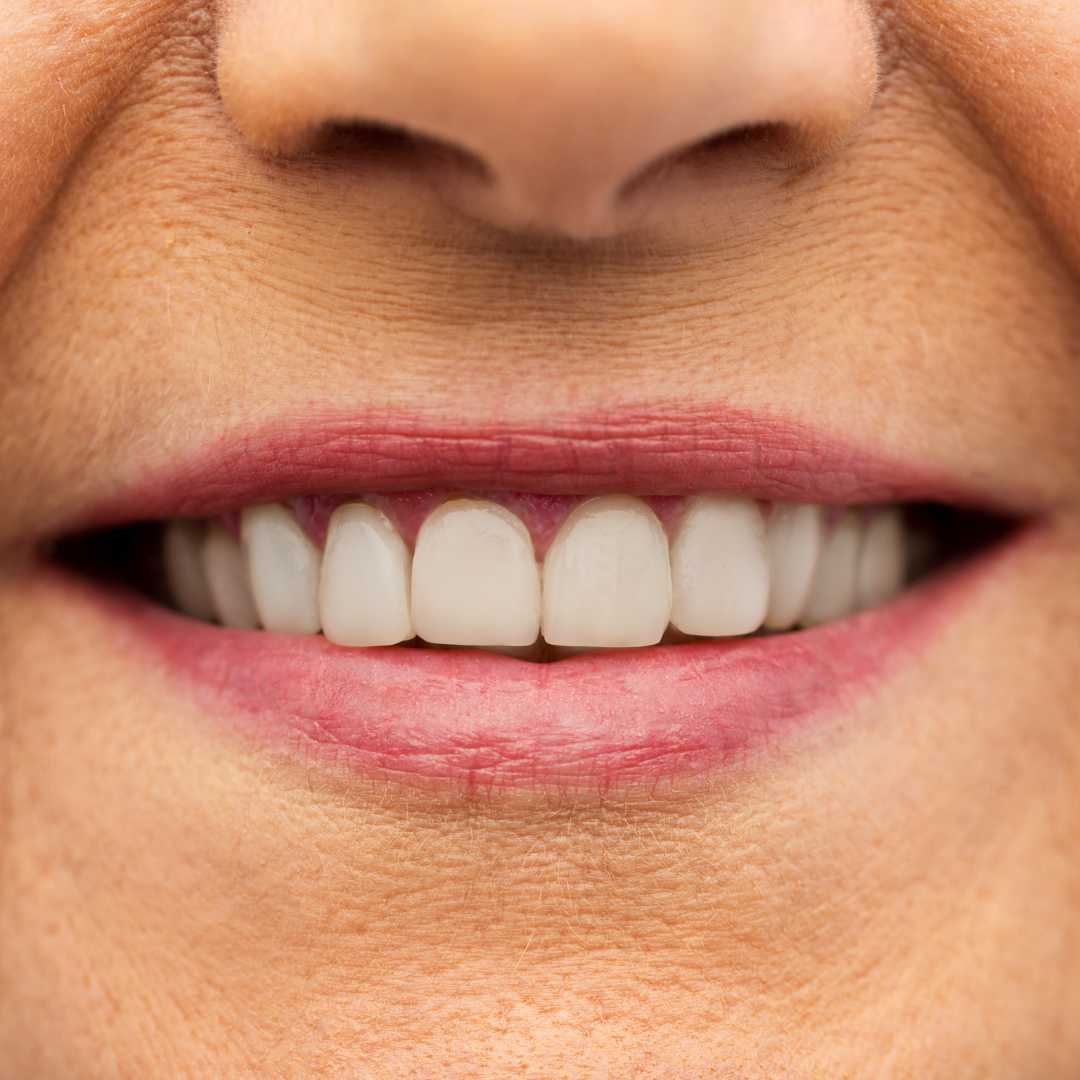
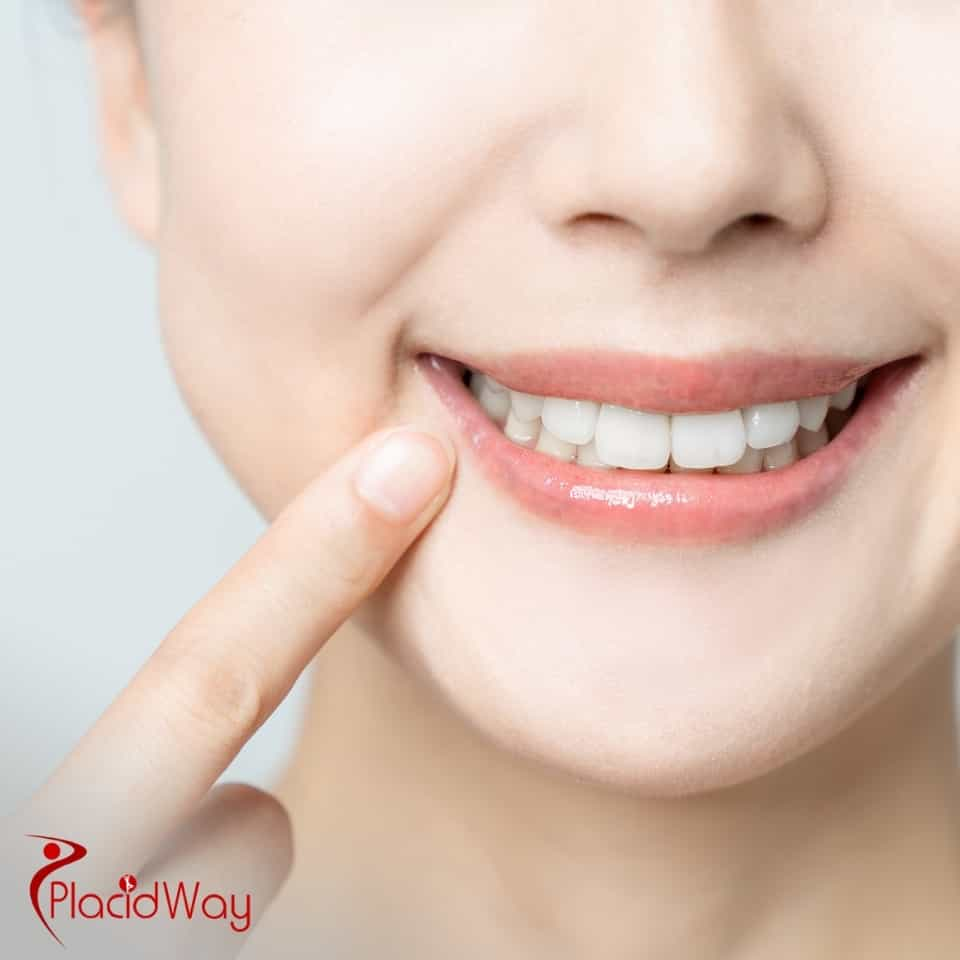
.png)
.png)
.png)


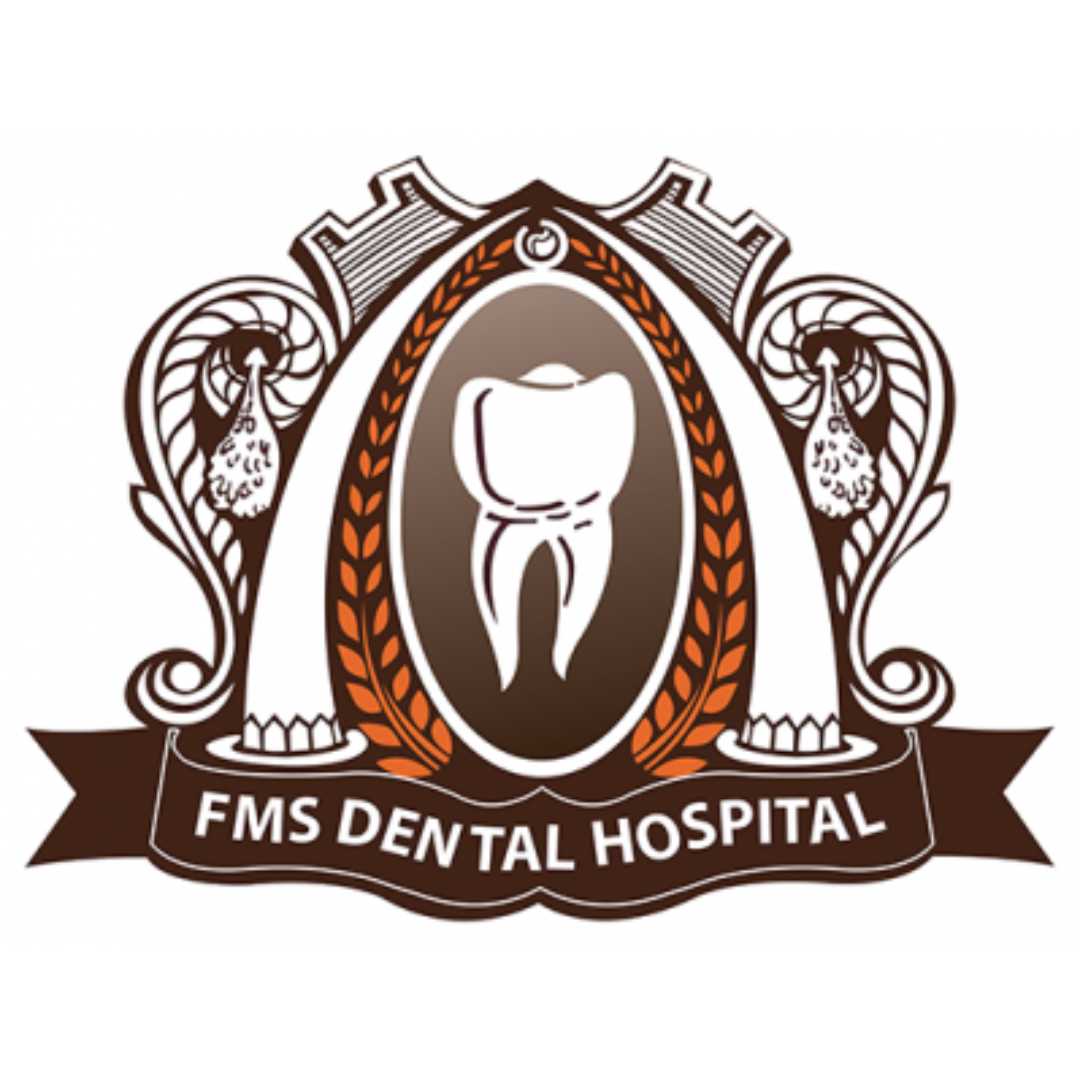
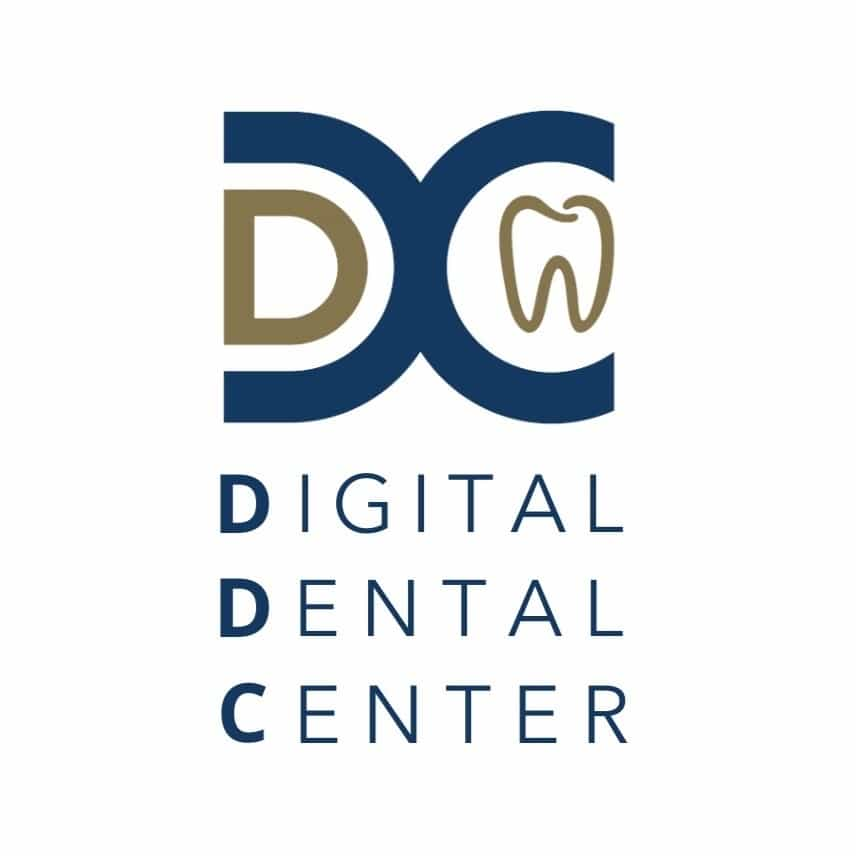
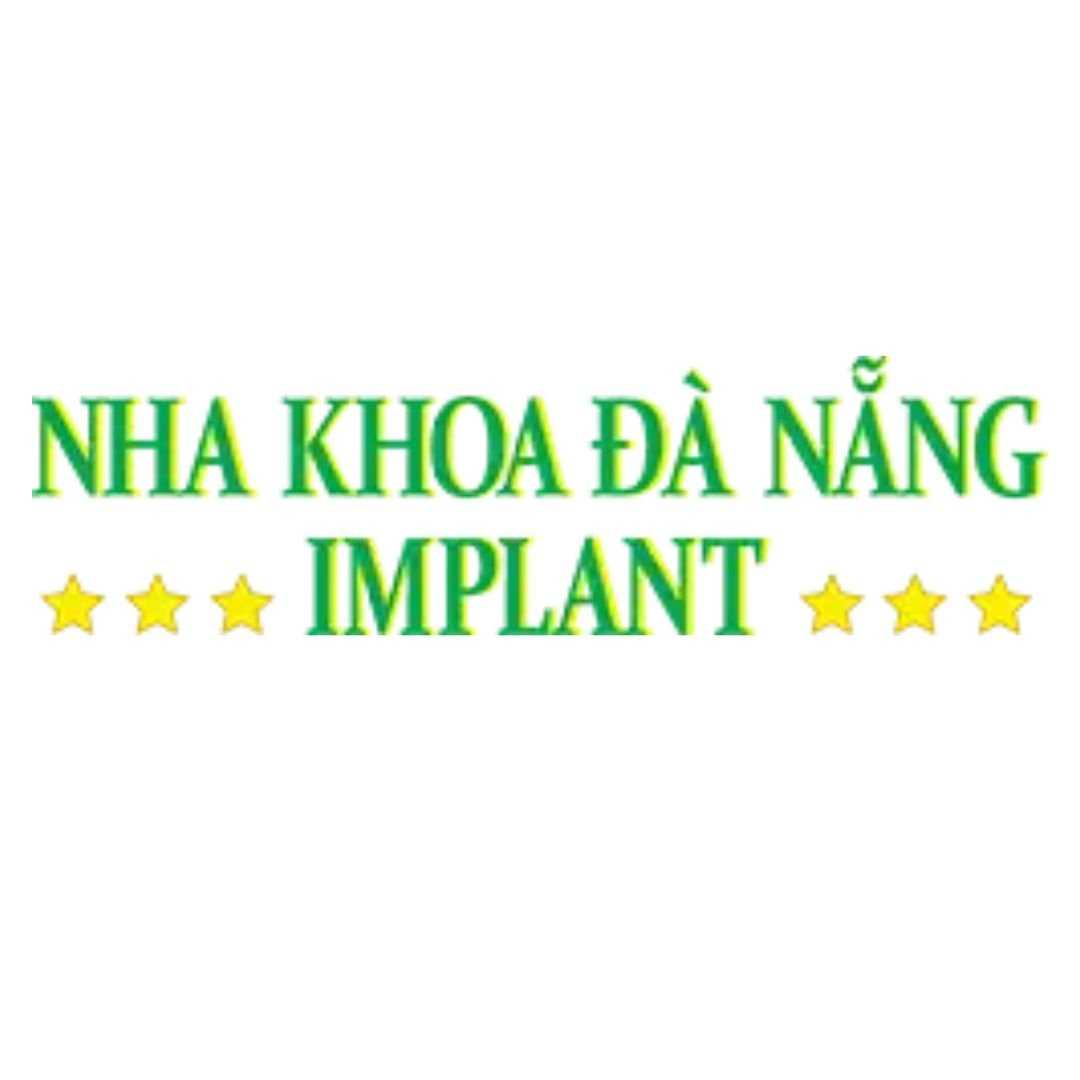

Share this listing